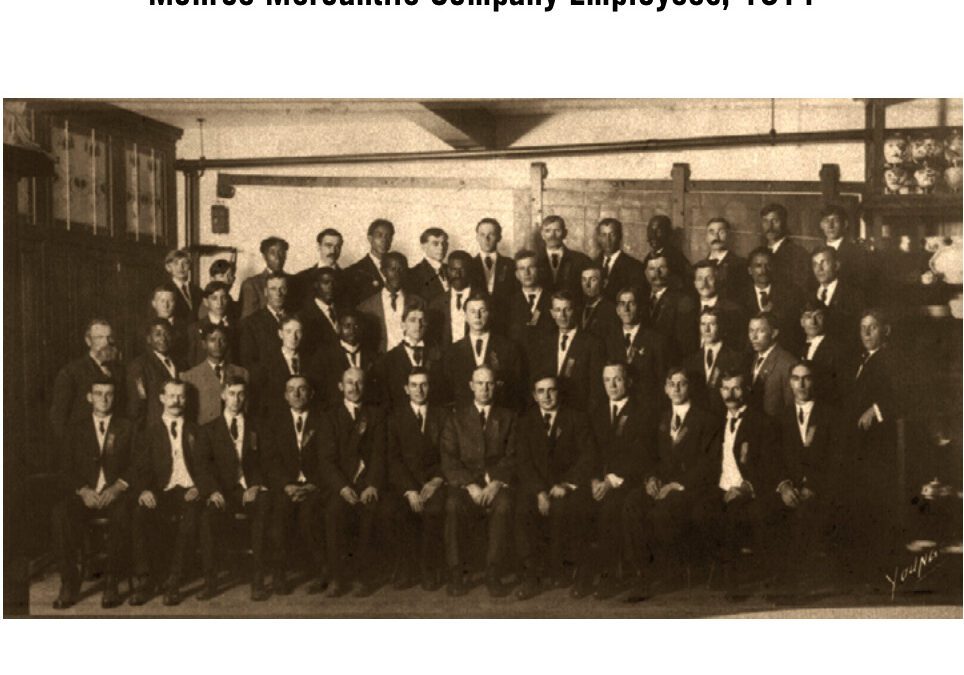
A resident speaks up at a Waukee School Board meeting in May of 2022.
Want to stop the mass exodus of quality teachers from leaving Iowa? Want to make sure they’re not only paid fairly, but feel like their district has their back?
Turns out, your vote on Nov. 7 could mean the difference between a school board that cares about teachers and a board that just wants to score political points.
“If we don’t want to see a further erosion of our public schools—to the point where it’s even more difficult to hire and retain educators—the school board plays an important role in protecting teachers from the worst of it,” said Kim Miller, the Iowa State Education Association (ISEA) UniServ director who bargains on behalf of teachers in Cedar Rapids.
City and school elections on Nov. 7 could decide teacher pay
Iowa’s city and school elections are coming up Nov. 7 (register, vote absentee and get more information here), and they’re historically the elections with the LEAST turnout.
Sure, you’re not voting for president (the big reason some folks vote), and you’re not even voting for governor or Congress (another big one). But it turns out that school board elections are important, particularly in a state that has gutted collective bargaining rights for public sector unions, for one big reason:
Per Iowa Code, the elected members of each school board set teacher salaries—negotiated with the unions—in their districts.
Of course, school boards only have a finite amount of money, even when you include what the state gives them, and Iowa Republicans have been mighty stingy in recent years despite sitting on a huge stash of taxpayer money. (Actually, they’re not just sitting on it; they’re giving it away to corporations instead.)
Nonetheless, board members can themselves be stingy, or decide to take a stand and pay teachers a living wage—and add in benefits, too.
“In places where school boards are open to bargaining permissive items, it certainly creates better working conditions and I believe addresses [teacher] shortage issues as well,” said Coy Marquardt, associate executive director of the ISEA. “That leads to better learning environments for their students.”
Even more important after collective bargaining gutted
It’s not just pay: Though state law says school boards only have to bargain on wages, many Iowa districts bargain on a wide range of other items, from time off to discipline procedures and more.
But after 2017, that wasn’t a foregone conclusion.
A few months after Iowa Republicans gutted collective bargaining for teachers and other public sector unions, the Cedar Rapids Education Association’s contract with the Cedar Rapids Community School District (CRCSD) was up. The superintendent at the time initially wanted to throw everything but wages into the handbook, said Miller.
“That was their initial proposal—to strip all the proposed permissive items,” Miller said.
So Miller went to work. He had conversations with school board members and mobilized teachers and the wider community, who showed up to board meetings in matching shirts that read “We Are CRCSD” and “Stronger Together.”
“Frankly, it was empowering to the [union] membership,” Miller recalled. “Certainly, the school board is key.”
The same thing happened in Indianola in 2019, said Pete Clancy, UniServ director of several districts in and around Polk County. Once again, it was teachers together with community members showing up to multiple school board meetings.
“[The board] was going to strip their entire contract,” Clancy recalled. “There was tons of community support, and I think that did shift the needle for folks.”
Of the 30 districts Clancy works with across south central Iowa, 24 of them still have a full contract. Those districts are seeing that pay off, he said.
“We’re finding that places that have a full, robust master contract have an easier time retaining teachers and finding teachers,” Clancy said. “We absolutely are hearing—and superintendents have told me this—when interviewing prospective candidates, those candidates are asking about the master contract.”
And that means a majority of Iowa school districts are seeing the value in keeping robust contracts: Marquardt said a little over 60% of districts statewide have contracts that include more than just wages.
‘Hyperpartisan’ school elections, and how to change that
Keeping those contracts will be a fight, however.
Before there was Moms for Liberty, there were groups like No Left Turn in Education, Citizens for Renewing America, and more national, Koch-funded groups that tried inserting themselves into school board elections in Waukee and elsewhere, Clancy remembered from years past.
And he doesn’t think the era of what he called “hyperpartisan” behavior in nonpartisan school board elections will be over anytime soon.
“One of the biggest challenges we’re facing right now is political attacks on school districts and school boards,” Clancy said.
Those attacks, he noted, are more often about something people heard on TV or saw online, rather than issues that are directly affecting students and educators in their own towns.
“Listen to folks [who] are actually talking about students … [who] want to make their school district a place where all students can feel welcome and safe,” Clancy said.
Miller agreed, noting that there is a role for parents in the education process, but that teachers should be empowered and supported to do their jobs and teach the curriculum without ideological or partisan interference.
“Let the professionals be the guide as far as what is in front of kids,” he said.
And he hoped the state would start to get that message as well.
“The [Iowa] Legislature in particular needs to grow up,” he said.
Support Our Cause
Thank you for taking the time to read our work. Before you go, we hope you'll consider supporting our values-driven journalism, which has always strived to make clear what's really at stake for Iowans and our future.
Since day one, our goal here at Iowa Starting Line has always been to empower people across the state with fact-based news and information. We believe that when people are armed with knowledge about what's happening in their local, state, and federal governments—including who is working on their behalf and who is actively trying to block efforts aimed at improving the daily lives of Iowan families—they will be inspired to become civically engaged.


Whirlpool Amana laying off another 341 workers March 9: Iowa Worker’s Almanac, Feb. 19, 2026
Iowa Worker's Almanac news briefs, Feb. 19, 2026: Back to work, for some: John Deere last week rehired 245 laid-off workers in Iowa, with 150 of...

2 new Iowa bills to lower grocery prices: Iowa Worker’s Almanac layoffs and news for Feb. 12, 2026
Iowa Worker's Almanac news briefs, Feb. 12, 2026: Pushing workers out of Iowa: Workers are leaving Iowa in droves. One Iowan confronted Republican...

Farmers haven’t profited in a decade: Iowa Worker’s Almanac layoffs and news, Feb. 6, 2026
Working-class news you can use for Feb. 6, 2026: Continuing problems at Johnson Co. mobile home parks: Residents told Iowa Starting Line's Zachary...

In 1900, Buxton, Iowa, treated Black and white workers equally
Have you heard about the Iowa town that became a utopia for Black workers over a hundred years ago? (It’s one of my favorite Black History Month...

The economy is great again (LOL): Iowa Worker’s Almanac layoffs and news, Jan. 29, 2026
Iowa Worker's Almanac news briefs: The economy is great again? That's what US Rep. Ashley Hinson, running for US Senate, wrote in a Des Moines...

Here’s when Case New Holland Burlington layoffs will happen
We knew this Southeast Iowa factory was closing. Now we know when layoffs are happening—and how many workers will be affected. (Watch this story on...





